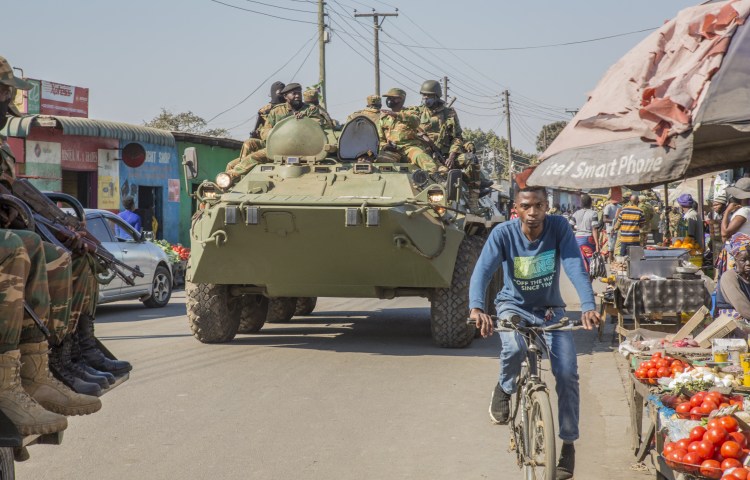
CPJ joins call urging Zambia to maintain internet access during elections
The Committee to Protect Journalists joined 41 other human rights, free expression, and technology organizations in a letter to Zambian President Edgar Lungu, calling on him to ensure that the internet and digital communications remain uninterrupted throughout Zambia’s August 12 general election period. In the letter, dated August 5, members of the #KeepItOn coalition against…
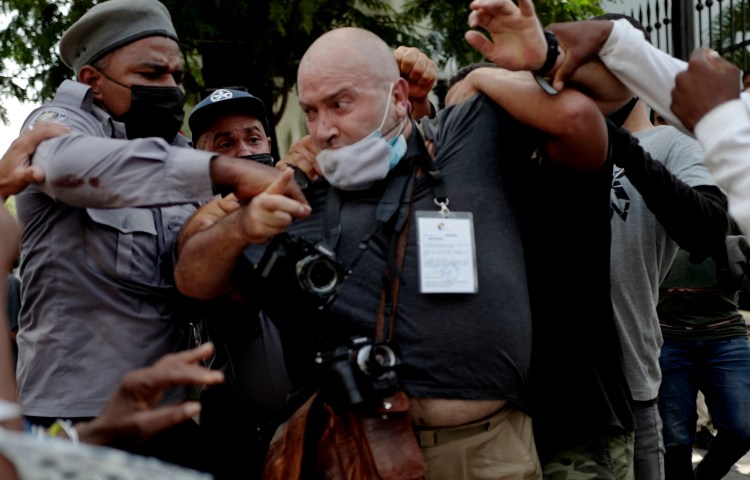
Journalists detained and harassed, internet disrupted amid Cuban protests
Miami, July 14, 2021 — Cuban authorities should immediately and unconditionally release all detained journalists, stop disrupting internet access in the country, and allow the press to cover protests freely, the Committee to Protect Journalists said today. Since July 11, protests have erupted in several Cuban cities, with demonstrators calling for the end of the country’s…
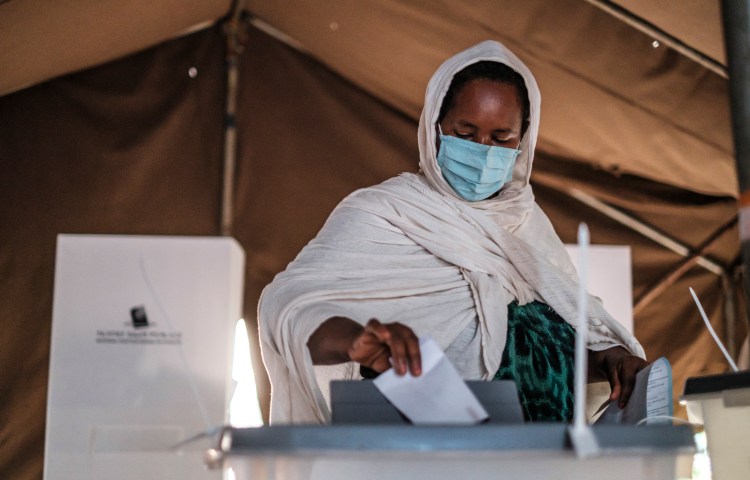
CPJ joins call urging Ethiopia to maintain internet access during elections
The Committee to Protect Journalists recently joined 46 other human rights, free expression, and technology organizations in a letter calling on Ethiopian Prime Minister Abiy Ahmed to guarantee secure and reliable internet access during and following the country’s elections. In the letter, sent on June 18, members of the #KeepItOn Coalition against internet shutdowns also…
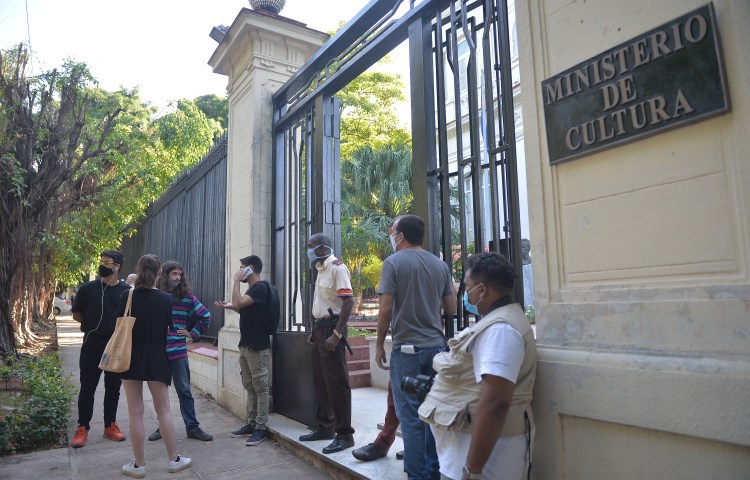
Cuban internet access cut amid free expression protest; journalist harassed
Miami, January 29, 2020 — Cuban authorities should stop disrupting internet access in the country and allow journalists to cover protests freely, the Committee to Protect Journalists said today. On January 27, starting at around 3:30 p.m. internet access was shut down on the island for approximately two hours, according to news reports and several local journalists posting on Twitter. To get…
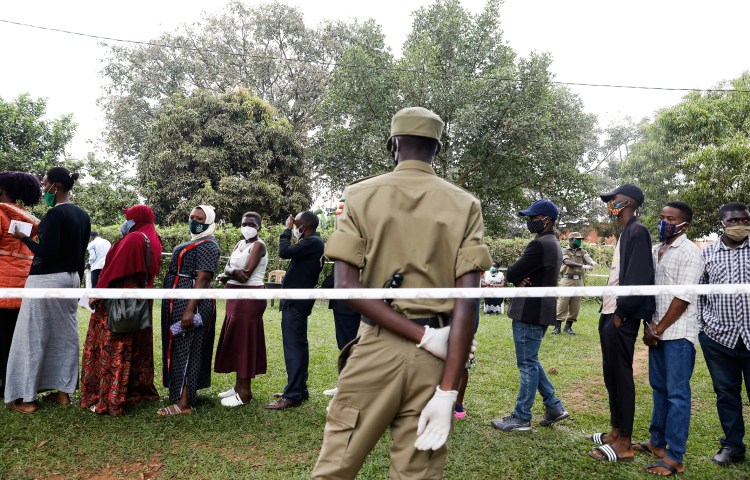
Internet access cut, social media banned during Uganda elections
Nairobi, January 14, 2021 – Ugandan authorities should immediately cease all efforts to disrupt internet access in the country and allow the press to cover the country’s elections freely, the Committee to Protect Journalists said today. Yesterday, the Uganda Communications Commission, the country’s broadcasting and telecommunication regulator, ordered telecommunications providers to suspend internet services in…
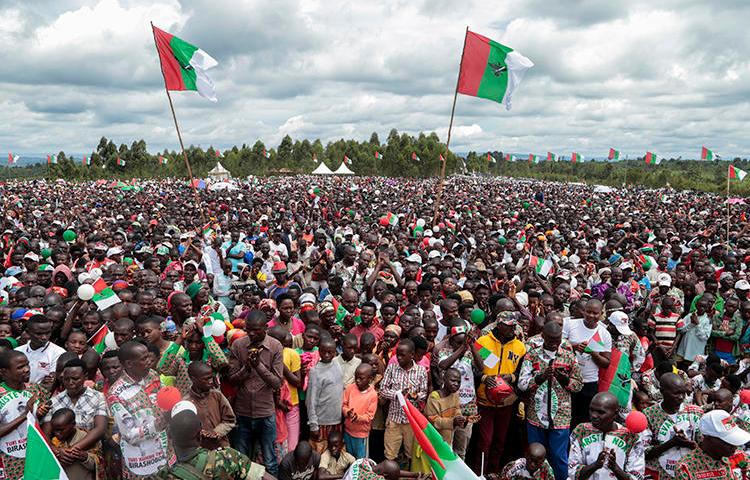
CPJ joins call urging Burundi to maintain internet access during elections
The Committee to Protect Journalists yesterday joined 30 other rights organizations in a joint letter urging the government of Burundi to ensure that the internet remains accessible before, during, and after the presidential elections scheduled for tomorrow.
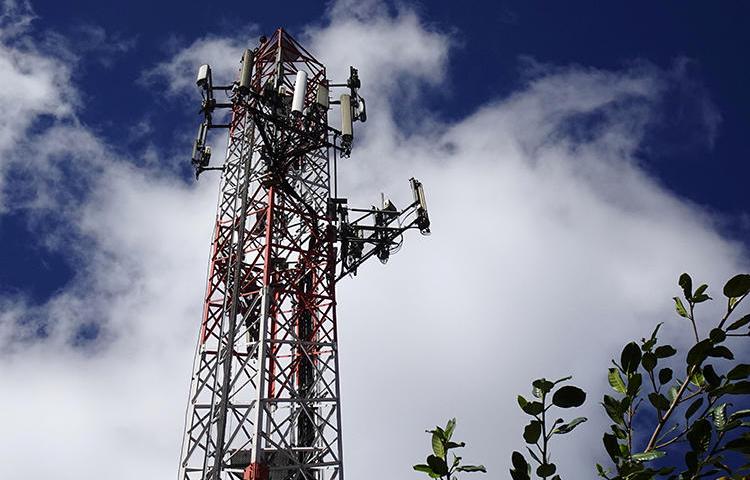
Network shutdowns restrict reporting during COVID-19 crisis
The Global Network Initiative, a coalition of nongovernmental organizations of which CPJ is a member, issued a statement yesterday calling on governments to refrain from shutting down internet access amid the spread of the COVID-19 pandemic.
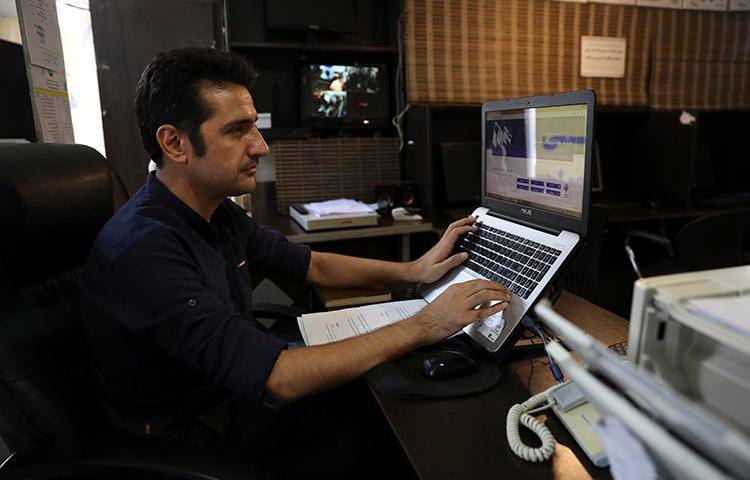
To cement internet control, Iran helps journalists get online
In early 2020, a journalist in Iran received a form from Iran’s National E-commerce Union, a nominally independent group that is close to the government, requesting their name, the news website they work for, and their IP address. “With all due respect,” it read, “provide the following information to prevent any potential problem during future…
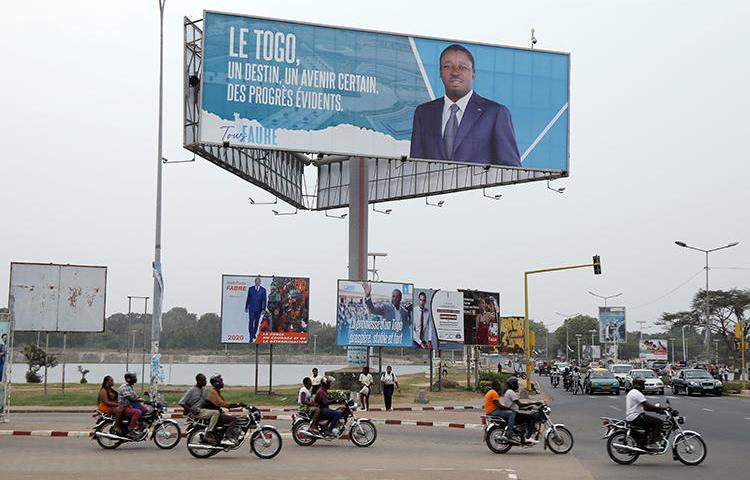
CPJ joins letter calling on Togo government not to shut down internet
The Committee to Protect Journalists joined 27 other press freedom and human rights organizations in a letter dated February 19 calling for authorities in Togo to maintain the stability and openness of the internet and social media platforms.

Kashmiri journalists, news outlets still offline after India partially restores internet
New York, January 28, 2020—Internet access was partially restored in most of Jammu and Kashmir on January 25, but service remained slow and social media platforms and many local news websites remain blocked, The New York Times and other outlets reported. In a statement circulated to CPJ and news outlets, the Kashmir Press Club said…